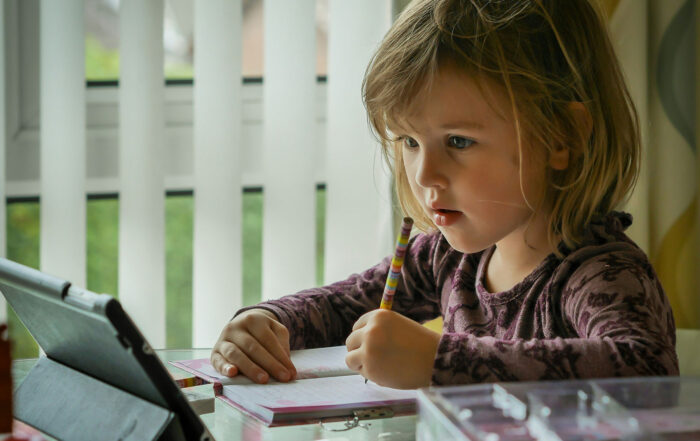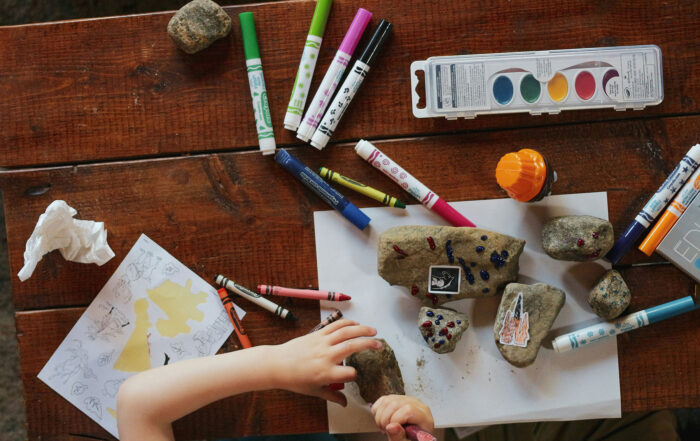
As the first day of school approaches, parents and children gather their backpacks as educators finalize lesson plans and ready their classrooms. The new school year offers a fresh start for students as well as an opportunity for academic success. However, up to 40% of students suffer from test anxiety, which contributes to lower grade point averages and decreased scores in standardized tests. Test anxiety is a multi-dimensional experience associated with cognitive (excessive worry about performance the night before or during the test; worry just after taking the test), physiological (heart racing, difficulty sleeping before the test), and behavioral components (avoidance of study). The cognitive dimension of test anxiety can be exceptionally difficult for students to cope with and reconcile. For example, despite preparing, students may believe that, while taking the test, they aren’t ready for it, and that the content is too challenging for them. Experiencing these thoughts during tests can result in diminished concentration on test material, making it more difficult for students to retrieve the information that they have studied and do well on the test.
Students can experience text anxiety for a number of reasons. Some children have difficulty learning or struggle with paying attention, which intensifies anxiety about tests. Children who seem more concerned about making mistakes, such as playing poorly in sports, or performing in front of others, may also be at risk for test anxiety.
Share This Post!
The Effects of Racial Trauma on Mental Health: Deaths Captured on TV and Media
National Alliance on Mental Illness Racial tension is once again at a critical tipping point in the U.S. Many people have asked, “Why now? Why was the death of George Floyd [...]
Behavioral Health Specialists Help Locals Kick the Winter Blues
By Brian D. King Christmas, New Year’s, and the winter months feel blue to many. While the season brings together family, which for many is a source of joy, but for [...]
Penn State Researchers Publish Study on Adolescent Recovery from PTSS
By Melissa Krug Children in the United States may be exposed to a high rate of adverse experiences that result in post-traumatic stress symptoms (PTSS), which can appear as feelings of [...]
Break the Silence; New Intensive Online Program to Help PTSD, Trauma and Anxiety
Purple Heart Behavioral Health This innovative new online program offers treatments that have been scientifically shown to be effective in helping people overcome these difficulties. Clinically proven treatments delivered conveniently through [...]
Adults With a History of Childhood Trauma Can Benefit From Recommended Depression Treatments, Contrary to Current Theory
The Lancet Psychiatry, neurosciencenews.com Patients with major depressive disorder who experienced trauma during childhood see symptom improvement following psychopharmacological intervention, psychotherapy, or a combination of both. The results of a new [...]
Post-Traumatic Growth: What You Need to Know
by Nicole McDermott Trauma—either as a one-time event or prolonged exposure— can cause a wide range of mental health issues including flashbacks, sleep disturbances, anxiety, grief and substance misuse. Healing from [...]







